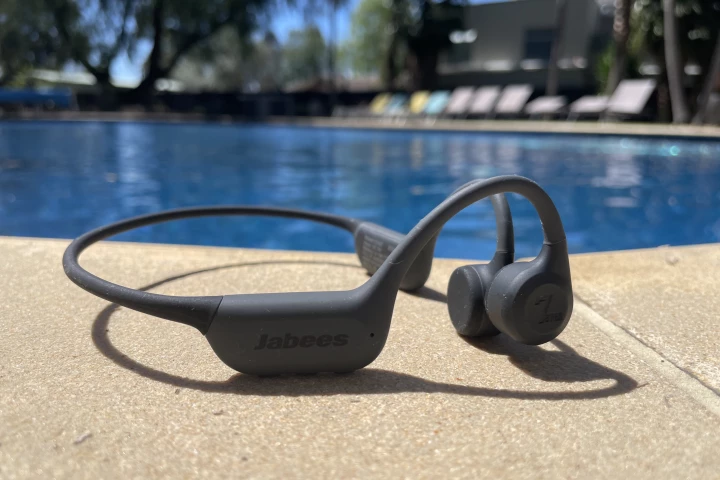Exercise
-
Working out doesn't just build muscle but, in later life, helps maintain a powerful cellular machine that repairs damaged tissue. Scientists have now not only discovered how this system works but found a way to keep it balanced in older muscles.
-
Two new large studies have confirmed that it doesn't take Olympic-level efforts to harness the life-extending power of exercise. In fact, say the researchers, even just five minutes a day can have a profound impact on your health and longevity.
-
2025 certainly saw some major health-related breakthroughs including a universal cancer vaccine. But the year was also filled with smaller findings that can still have a big impact on your day-to-day health. Here are 18 of them.
-
The use of blood-flow restriction cuffs that "hack" your physiology to speed up strength and muscle gains has been growing in popularity. However, researchers have now found that they come with a big downside during use – especially the older you get.
-
A massive global study has turned up some grim news: That 87% of us are not routinely getting quality sleep and meeting physical activity levels needed for long-term health. And, scientists discover, one is more influential than the other.
-
Imagine having your own fitness coach available at any moment, who won't charge you $100 an hour. BodyPark, a Hong Kong-based company that develops AI-powered fitness technology, has unveiled its minimalistic AI-fitness device, Atom, on Kickstarter.
-
One of the brain’s biggest benefits from exercise – the birth of new neurons – may not even require any movement. Instead, the beneficial “packages” circulating in the blood after working out can be successfully transferred to others.
-
Millions of people with type 2 diabetes might actually be undermining their efforts to improve their health, with researchers demonstrating that the commonly prescribed metformin blocks the cardiovascular benefits normally gained through exercise.
-
What if you could keep moving while working at your desk? That’s exactly the question that inspired Johannes Kettmann, a software developer from Berlin. The result is the Office Walker, a minimalist wooden walking pad.
-
The simple habit of getting in a daily walk has been shown to have numerous health benefits over the last few years. In a remarkable study, scientists found that taking just 5,000 steps a day can help slow Alzheimer’s disease-related decline.
-
Sure, a home weight room would be nice, but not everyone has the space or funds for one. xplate is the latest product designed to address that problem, by stuffing a modular weight training system into a case that can be taken anywhere.
-
Bone conduction offer the freedom of listening to music while staying aware of your surroundings – and now you can take this tech underwater with Jabeees' 7Seven headphones. And, at US$79.99, they keep pace with many of their more expensive competitors.
Load More











